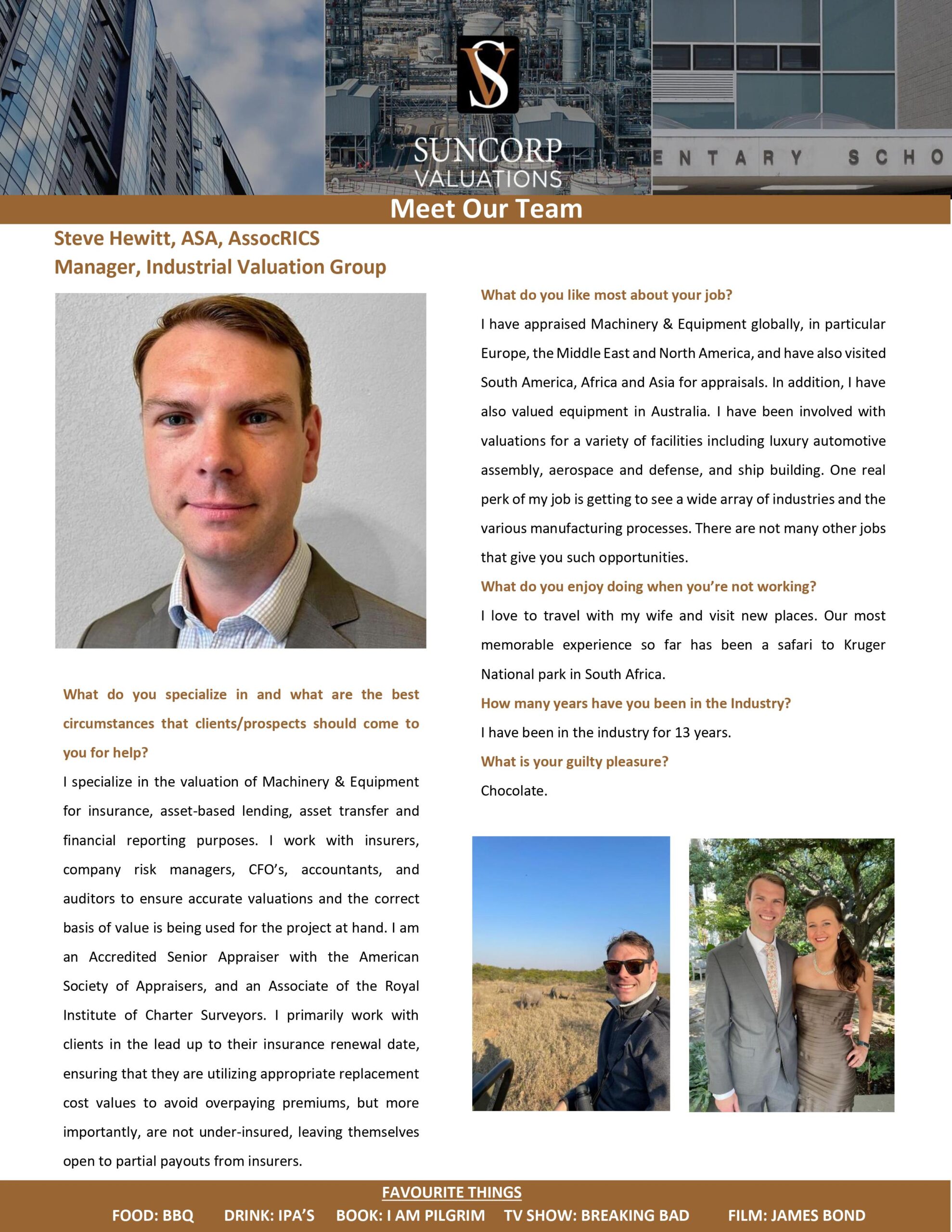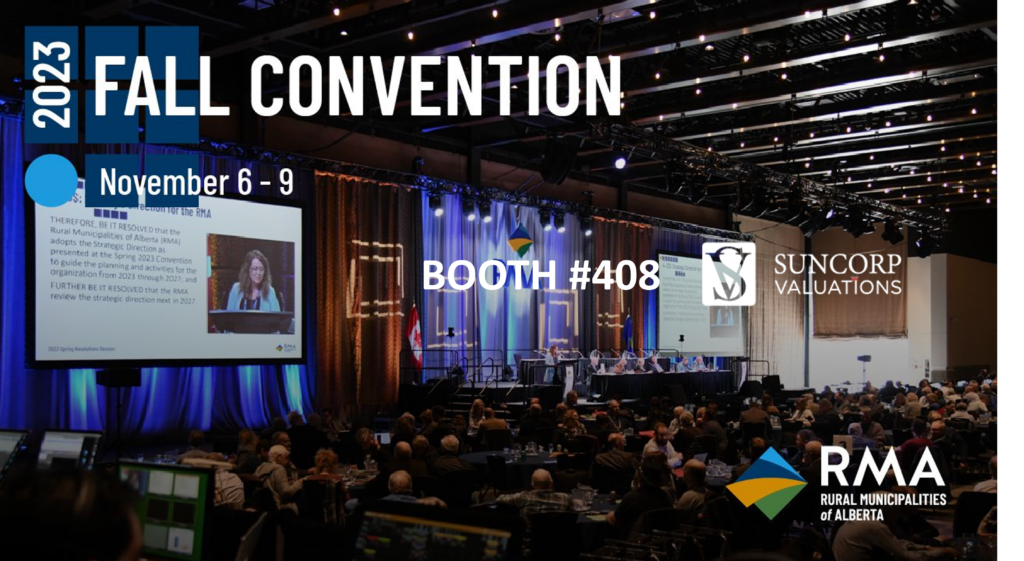The Rising Demand for Qualified Appraisers in the Evolving Machinery and Equipment Market
This article was written by our Senior Managing Director – Bharat Kanodia, ASA and published on ASA Newsroom.
(Reprinted with permission from the American Society of Appraisers).

The machinery and equipment market is undergoing rapid transformation fueled by technological advancements, changing consumer preferences, and global economic shifts. As industries strive to stay competitive and embrace innovation, the need for accurate and reliable machinery and equipment appraisal has never been more crucial. This growing demand has created a unique opportunity for qualified appraisers to play a pivotal role in assessing the value of these assets. In this article, I will explore the trends driving this demand and where aspiring appraisers can find exciting job opportunities.
Technological Advancements
The machinery and equipment market is witnessing a surge in technological innovations. From smart manufacturing tools to advanced robotics, companies are investing heavily in cutting-edge equipment to improve efficiency and productivity. As these technologies become more sophisticated, the need for appraisers who understand their value and functionality becomes paramount. Appraisers must possess the knowledge and expertise to accurately assess the worth of these advanced assets.
Globalization and Market Dynamics
Globalization has led to increased cross-border transactions and collaborations, impacting the machinery and equipment market. As businesses expand internationally, the demand for qualified appraisers with a deep understanding of global market dynamics has risen. Appraisers must be adept at assessing the value of machinery and equipment in different economic contexts, taking into account regional variations and market trends.
Sustainability and Environmental Considerations
With a growing emphasis on sustainability and environmental responsibility, industries are increasingly investing in eco-friendly machinery and equipment. Appraisers must be well-versed in evaluating the environmental impact of assets, including their energy efficiency, carbon footprint, and compliance with regulatory standards. This trend highlights the need for appraisers who can provide comprehensive assessments that go beyond traditional valuation metrics.
Data Analytics and Artificial Intelligence
The integration of data analytics and artificial intelligence (AI) in the machinery and equipment sector is reshaping the appraisal process. Appraisers must leverage these technologies to analyze vast amounts of data and derive valuable insights. The ability to interpret data trends and understand how AI impacts the valuation of assets is becoming a critical skill for appraisers in this evolving landscape.
Industry-Specific Expertise
As machinery and equipment become more specialized across various industries, appraisers with niche expertise are in high demand. Whether it’s healthcare, manufacturing, agriculture, or logistics, appraisers need to understand the unique challenges and opportunities within specific sectors. Industry-specific knowledge ensures a more accurate and tailored appraisal, contributing to better decision-making for businesses.
Where to Find Jobs?
For those seeking a career as a qualified machinery and equipment appraiser, various avenues offer promising job opportunities:
- Professional Appraisal Organizations: Organizations such as the ASA provide resources and job listings for aspiring appraisers.
- Online Job Platforms: Websites like LinkedIn, Indeed, and Glassdoor feature job postings for machinery and equipment appraisers. Regularly checking these platforms can help applicants stay updated on the latest opportunities.
- Appraisal Firms: Specialized appraisal firms like Suncorp Valuations often have openings for qualified professionals. Research and reach out to firms that focus on machinery and equipment valuation.
- Networking Events and Conferences: Attending industry-specific events and conferences like ASA’s International Conference or Equipment Valuation Conference provides an excellent opportunity to network with professionals in the field and discover potential job openings.
- Government Agencies: Government agencies involved in economic development, trade, and taxation may also hire machinery and equipment appraisers to assess assets for regulatory compliance.
Conclusion
The machinery and equipment market’s evolution is creating a surge in demand for qualified appraisers who can navigate the complexities of this dynamic landscape. Aspiring appraisers should focus on acquiring industry-specific knowledge, technological skills, and a global perspective to thrive in this burgeoning field. Job opportunities can be found through professional organizations, online platforms, specialized firms, and networking events, offering a multitude of paths for individuals looking to embark on a rewarding career in machinery and equipment appraisal. Already a qualified professional and exploring job opportunities? We’d love to touch base with you about new openings at our firm.




